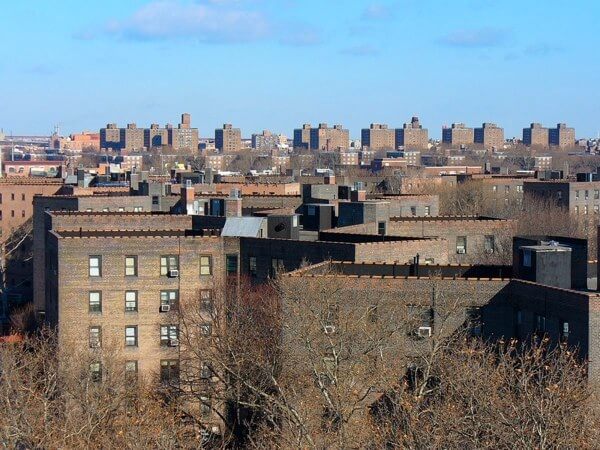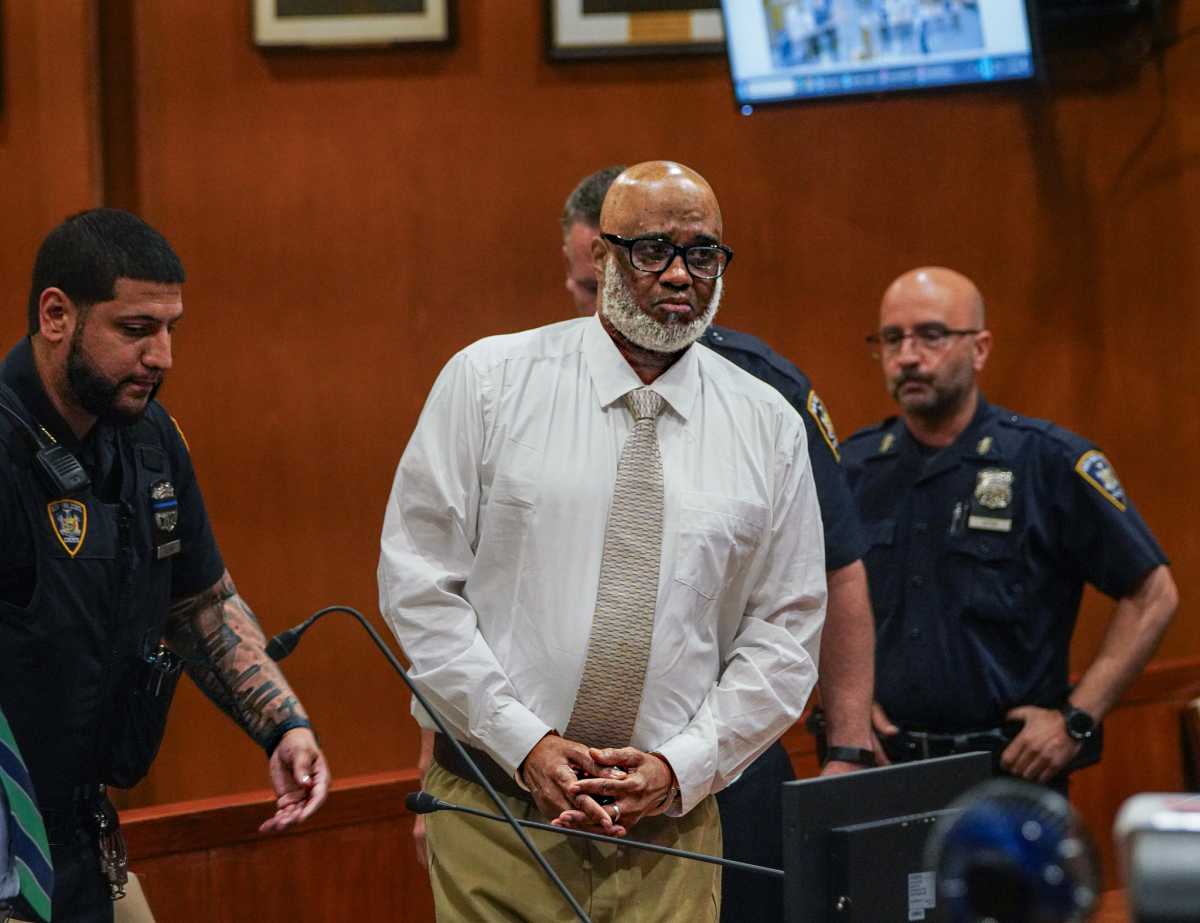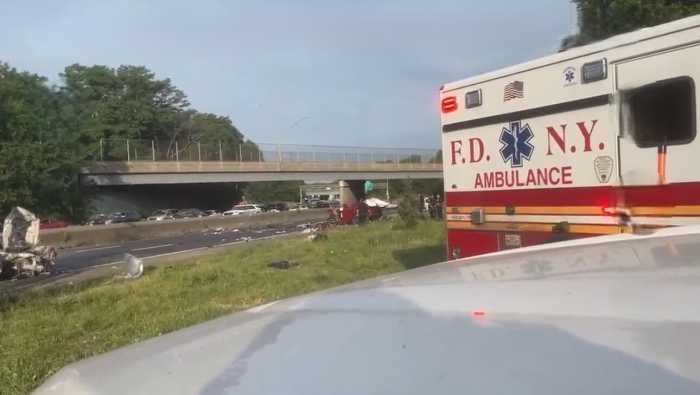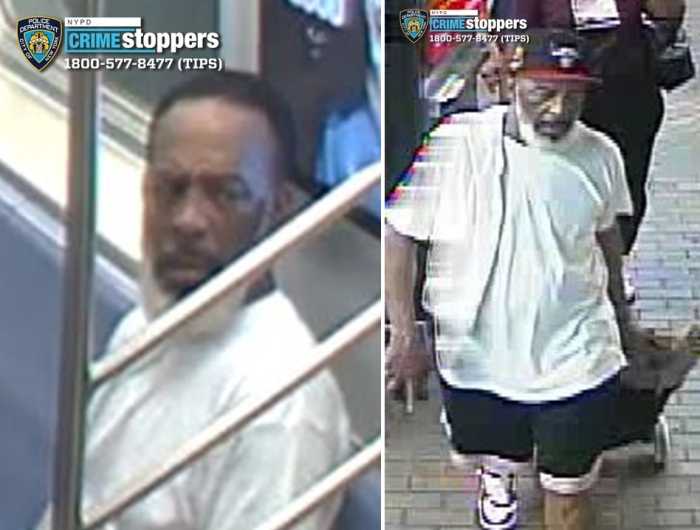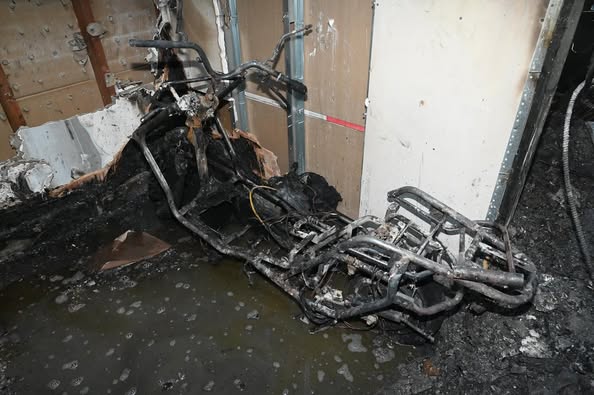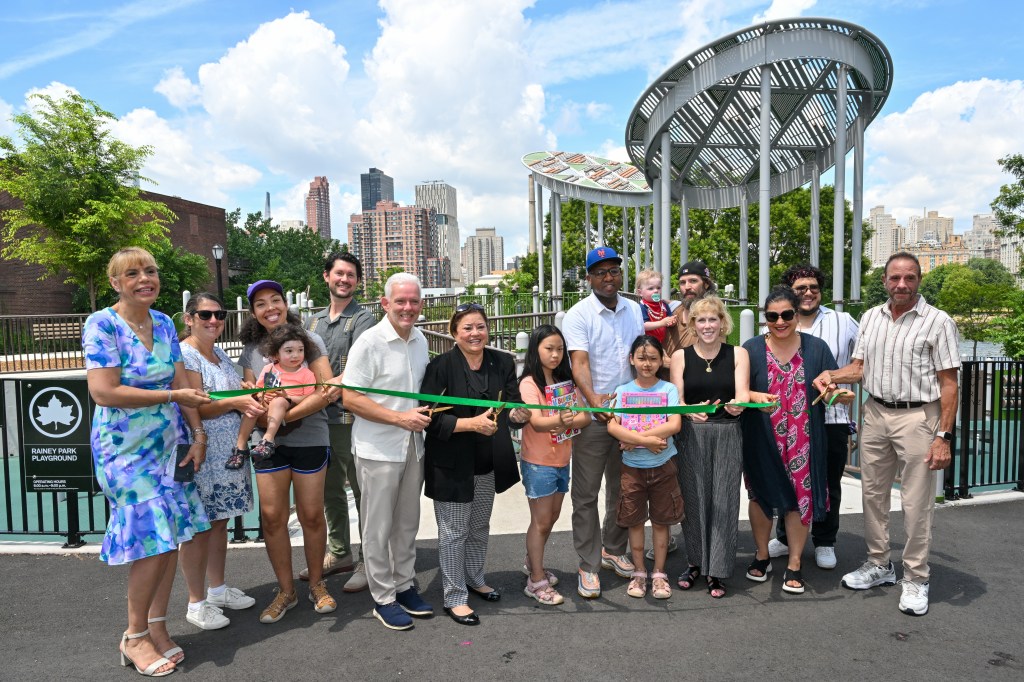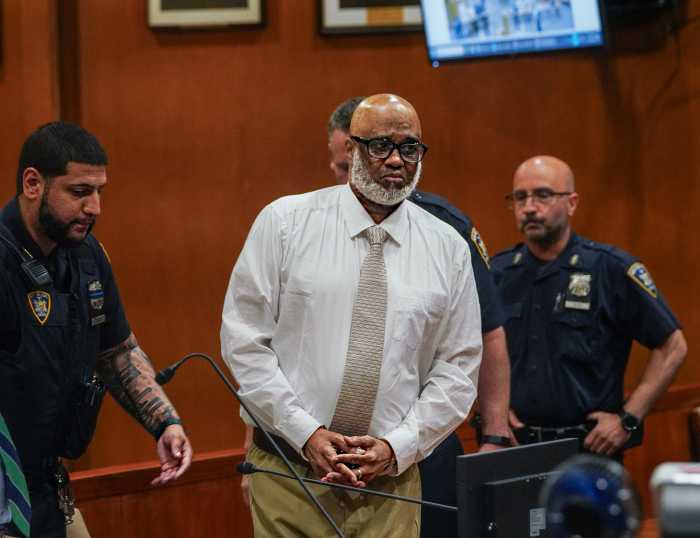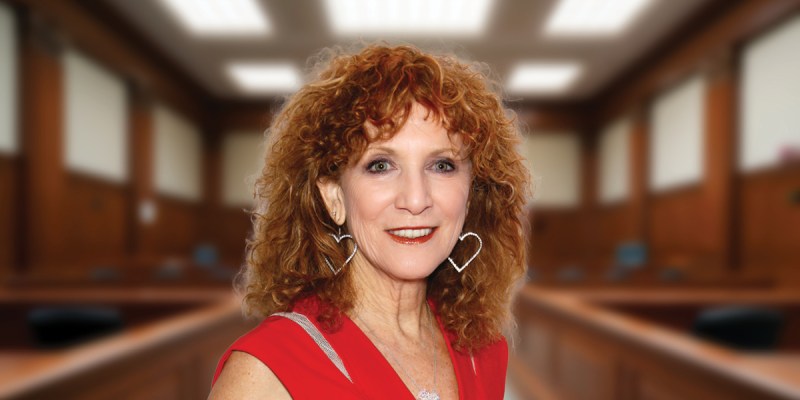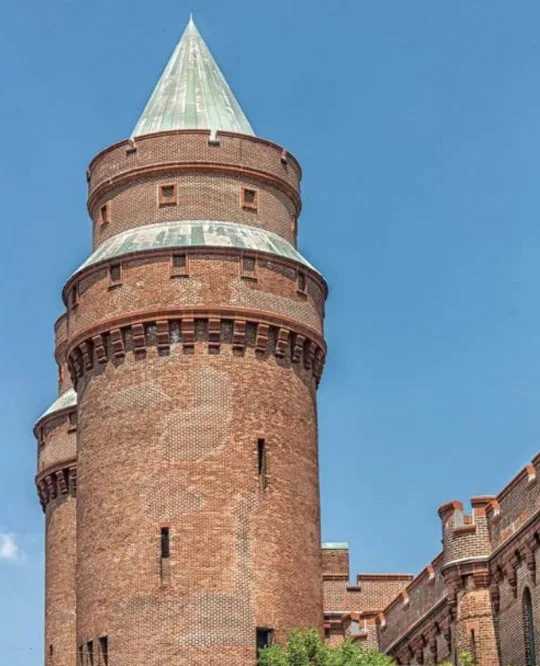By Mark Hallum
A group of 22 men and women from Long Island City, Jackson Heights and South Ozone Park have been charged with weapons and drug offenses following a year-long investigation of their operations in and around Long Island City’s Queensbridge Houses, the largest public housing facility in North America, the Queens district attorney said.
After a suite of undercover drug buys, police arrested the individuals who allegedly were selling heroin, cocaine and marijuana and later recovered four firearms after executing search warrants at nine locations across the NYCHA housing development, according to Queens DA Richard Brown.
“This investigation is another example of police and prosecutors working together to reduce drug dealing that too often plagues our neighborhoods,” Brown said. “We are committed to continue to employ aggressive and innovative tactics to track down and prosecute drug dealers and other criminals who seek to terrorize our communities. It is imperative that we stop those who would flood our streets with drugs and lure our children into lives of crime.”
NYPD Commissioner James O’Neill commended the work of the Queens Narcotics Division, among other law enforcement officers, for the work they carried out in Queensbridge Houses, which consists of 96 buildings, 3,142 units and accommodates about 6,907 people.
“To keep driving crime and disorder down past already record-lows in New York City, it is imperative that we identify and dismantle illegal narcotics organizations like this one. The people who live and work in all of our neighborhoods deserve to be safe from drug-dealing and its associated violence,” O’Neill said.
May 2017 marked the end of a somewhat peaceful period of about a year and a half in which crime and violence were not as common as in years prior in Queensbridge.
The housing complex has come a long way since the 1980s and ‘90s when it was a violent drug hub. In 1986 alone, the public housing development, which spans six blocks north of the Queensboro Bridge, had more murders than any NYCHA complex in the city. It is one of 15 developments accounting for up to 20 percent of violent crime in public housing, according to NYPD crime statistics.
The Mayor’s Action Plan for Neighborhood Safety, Jacob Riis Settlement House’s 696 Build Queensbridge program funded through the office of Councilman Jimmy Van Bramer (D-Sunnyside) along with Bishop Mitchell Taylor of Urban Upbound, a community organization dedicated to improving public housing spaces at Queensbridge, have been credited with the somewhat temporary lull in violent crime in Queensbridge throughout 2016 and 2017.
“To keep driving crime and disorder down past already record-lows in New York City, it is imperative that we identify and dismantle illegal narcotics organizations like this one,” O’Neill said. “The people who live and work in all of our neighborhoods deserve to be safe from drug-dealing and its associated violence.”
According to crime statistics, shooting incidences in the 114th Precinct, which covers Queensbridge, have increased 350 percent within the past 28 days compared to the same time frame from last year.
“We focused specifically on the Queensbridge Housing Development due to the violence in and around the development,” NYPD Deputy Inspector Donald Boller said at an press conference Aug. 9 at Police Headquarters and added that the spike in violence at the development could be related.
Four of the individuals arrested in the Queensbridge takedown are believed to be affiliated with gangs, Boller said, while the rest are independent operators who allegedly sold large quantities of drugs in the project.
The court authorized search warrants for nine locations within the Queensbridge housing. Four handguns were recovered in the investigation, though ballistics show that none of the firearms was involved in the recent shootings, Boller said.
Reach reporter Mark Hallum by e-mail at mhall

